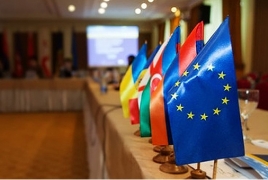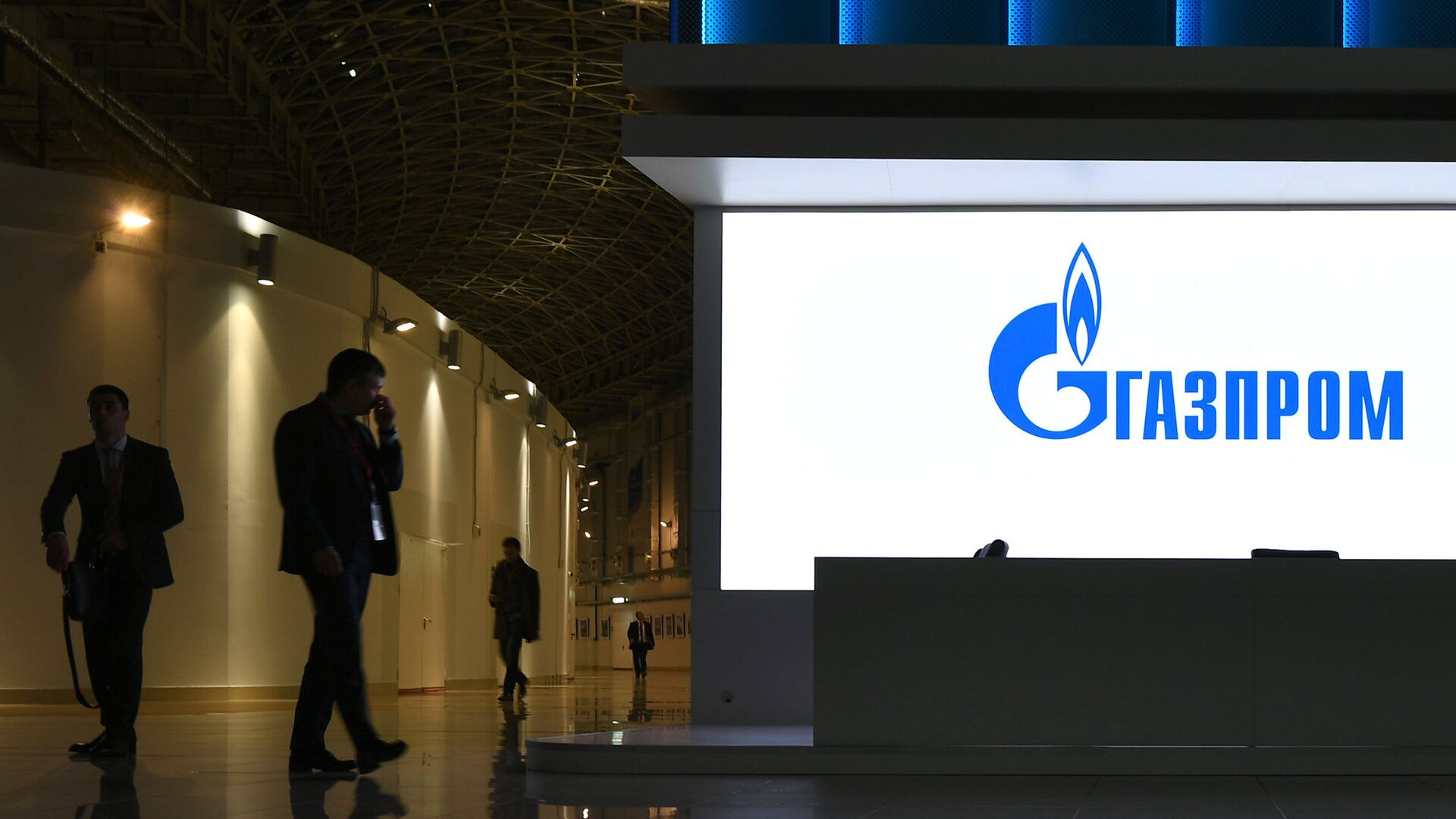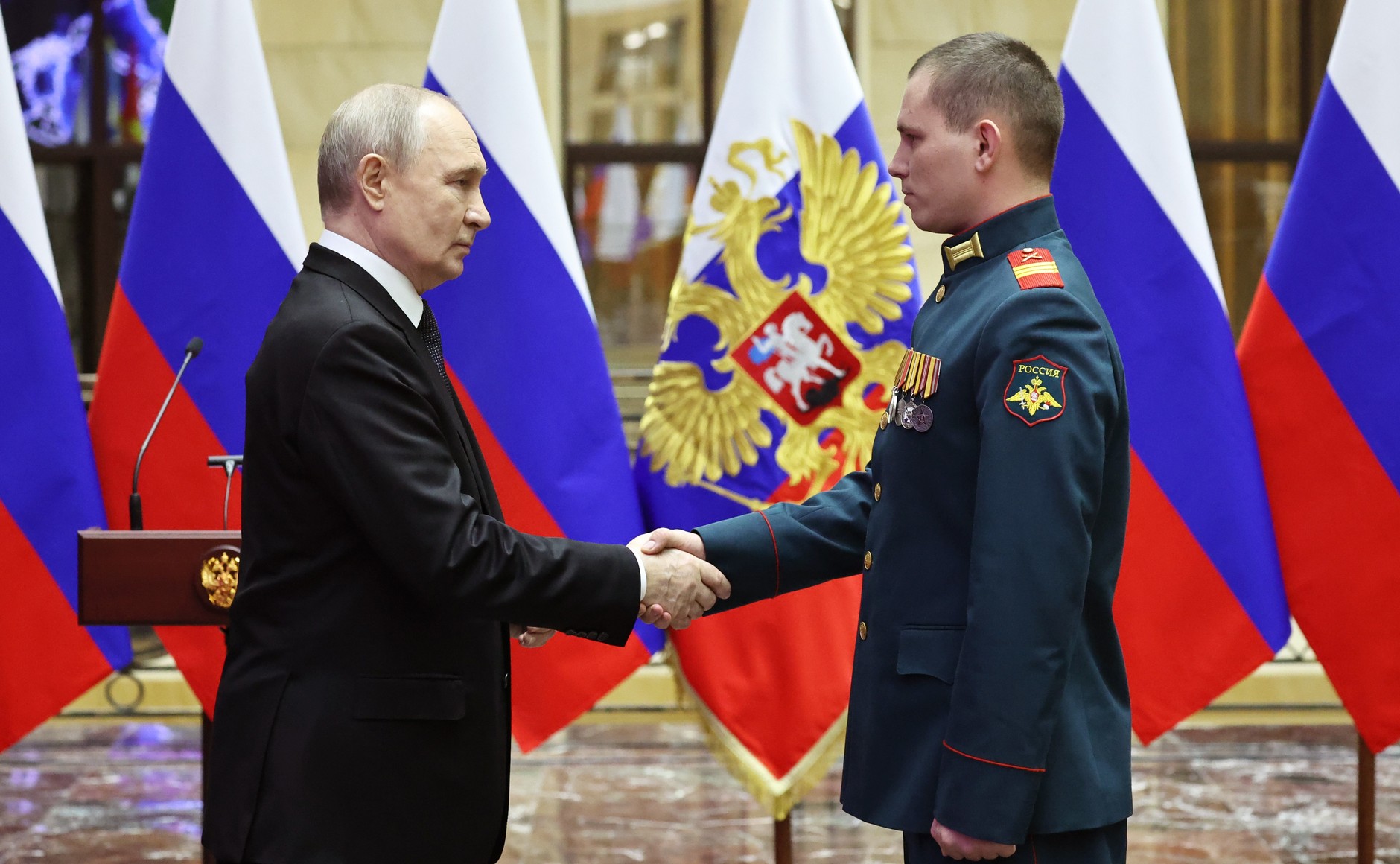
Taking Stock: Implications of the Riga Summit for the South Caucasus
Taking Stock: Implications of the Riga Summit for the South Caucasus
Prior to its start, the European Union’s May 21–22 Eastern Partnership (EaP) summit in Riga was widely anticipated, given that the previous summit in Vilnius had been overshadowed by the war in Ukraine and newly evident Russian expansionism. Russia’s aggressive policies caused concerns in those various post-Soviet states under Moscow’s geopolitical radar but still remaining outside its geostrategic orbit. Ahead of the Riga summit, the dilemma for the EU was how to manage the expectations of those partner countries that had signed Association Agreements and which wanted to see a strong message against Russian aggression. But the EU wanted to take a more balanced line toward Russia in order to placate the partner countries that have not signed Association Agreements within the Eastern Partnership format, and to avoid giving Moscow further cause to retaliate against EaP countries pledging to cooperate with the EU. Brussels’ hopes lie in an individualized approach under the banner of a functional EaP format.
Georgia’s desire to increase cooperation with the EU was clear before the summit. Its main goal for Riga was to achieve a visa-free travel regime, or at least to obtain a clear deadline for its enactment. However, the progress report on this issue made it clear that this was unrealistic. Nonetheless, on May 5, the Georgian president, prime minister and chairman of parliament—Giorgi Margvelashvili, Irakli Garibashvili David Usupashvili, respectively—addressed a joint letter to the EU leadership requesting their endorsement of a visa-free regime (Civil Georgia, May 5). The significance of this move was demonstrating the unity within the government in Tbilisi regarding the EU agenda. The focus on a single issue was a strategic move by the government.
First, the ruling team needed to provide the Georgian public with evidence of concrete progress since the previous EaP summit. Last year saw the resignation of a number of traditionally “pro-European” officials, raising public concerns about Tbilisi’s commitment to EU integration (see EDM, November 11, 2014). Moreover, the government is worried that the failure to achieve this goal will weaken its position in advance of next year’s parliamentary elections.
Secondly, the visa-free regime could serve as a soft power tool to aid the conflict resolution process in Abkhazia and South Ossetia. Notably, late last year, Moscow expanded so-called Strategic Agreements with the two breakaway regions, both weakening Tbilisi’s hand, and strengthening Moscow’s position (see EDM, October 29, 2014; November 24, 2014). Tbilisi hopes that the visa-free regime will attract Georgian passport-holders in the breakaway regions by offering them a chance to travel to Europe freely. In turn, this would weaken Russia’s “passportization policy,” under which Moscow has offered Russian passports to residents; the majority of Abkhazian and South Ossetian residents are currently Russian passport-holders and use this document for travel. Georgia wishes to replicate the experience of Moldova: following Chisinau’s signing of a visa-free agreement, over 70,000 residents of breakaway Transnistria applied for and received Moldovan passports (Moscow Times, May 21, 2015).
The Georgian prime minister declared Riga a success on the grounds that he had received a “very clear message” on visa liberalization (Civil Georgia, May 23), with the end of 2016 as a completion date. However, two factors undermine this optimism. First, there is no clear roadmap for making progress on this timeline, and with parliamentary elections scheduled for next year, the domestic political situation in Georgia could reverse all progress. Second, the Riga summit Final Declaration makes no mention of the Abkhazia or South Ossetia conflicts; nor does it censure Russia’s role. Rather, general language of “supporting” Georgia and “recognizing [its] territorial integrity and sovereignty” is used (Consilium.europa.eu, May 22).
Nonetheless, the EU’s new individualized approach opened the door to the kind of separate strategic partnership and modernization pact that Azerbaijan has long sought. But the sensitivity of the regional context, in particular with the war in Ukraine and Russia’s role in encouraging separatism in southeastern Ukraine, has influenced Baku’s approach to Western institutions. The need to pacify Russia has become equivalent to adopting a harsher approach toward the West. Thus, there was little room for progress at this year’s summit—which Azerbaijani President Ilham Aliyev did not even attend.
Baku has been disappointed by the lack of international support for its own territorial integrity compared to the West’s vocal reactions to the situation in Ukraine. Instead, the EU has focused on human rights issues in Azerbaijan. The last-minute decision by the Azerbaijani president not to attend was officially due to the need to prepare for the upcoming European Games in Baku. But high-level bureaucrats explained that the real reason was “the ‘black PR’ campaign against Azerbaijan by Western organizations” (APA, May 20).
Baku’s unhappiness is more complex, however. Azerbaijan expected the EU to criticize Armenia’s stance on peace negotiations on the Karabakh conflict. The failure to do this, coupled with tensions around the wording of the Final Declaration on Karabakh, has fueled dissatisfaction in Baku. Notably, after the Riga summit, the Ministry of Foreign Affairs expressed frustration in an official statement (Mfa.gov.az, May 25).
Finally, despite public praise for Azerbaijan’s role in the realization of the Southern Gas Corridor (SGC), there are problems here too. The European Commission investigation into Azerbaijan’s acquisition of the Greek gas transmission system operator DESFA is impeding the realization the Trans-Adriatic Pipeline, a crucial component of the SGC (News.az, May 28). These various factors—and particularly the latter—threaten to cause the further deterioration of EU-Azerbaijani relations.
Armenia, on the other hand, had minimal expectations from the Riga summit, but ultimately has benefited. Since Yerevan joined the Moscow-led European Economic Union (EEU), the EU has led consultations on a new agreement with Armenia. The May 21–22 summit marked a new stage of negotiations (News.am, 22 May, 2015). Moreover, the Armenian government has faced domestic criticisms over its turn toward Russia since it joined the EEA, and the new negotiations with the EU can be used to assuage those public concerns about Armenia’s dependence on Russia. This avoids angering Moscow and opens a way for future contractual negotiations at the political level with Brussels. Nonetheless, at the Riga summit, Armenia and Belarus both defended Russian policy. And during the negotiations on the Final Declaration, they fought successfully for the deletion of the term “illegal annexation” to describe the annexation of Crimea by Russia (Sputnik, May 21).
Ultimately, the Riga summit has mainly increased the level of dissatisfaction among the South Caucasus countries, casting further doubt on the future of the EaP format. Russia, without having participated, seems the summit’s greatest beneficiary.


